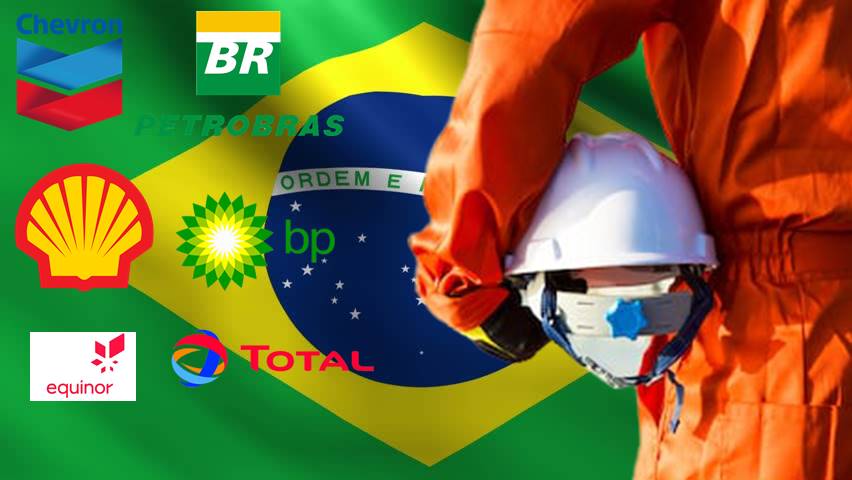
The FGV (Fundação Getúlio Vargas), enjoying its enormous prestige, managed to bring together early last night (01/06), the 6 presidents of the largest oil companies in the world with an outstanding performance in Brazil. The webinar entitled “Major oil companies: Is the oil industry showing signs of recovery from the coronavirus crisis?” took place via video conference and was mediated by the director of FGV Energia, Roberto Quintella. The CEOs of Petrobras, Shell, Chevron, BP, Equinor and Total participated in the Webinar.
- Minas Gerais receives 5,6 billion reais in investments and will generate around 5 new jobs in the region
- Upon demand from ExxonMobil, SBM Offshore is looking for technicians and engineers for operations in Guyana
- Oil company orders the construction of 100 LNG ships by Korean shipyards, the largest fleet in the history of shipbuilding!
At a time when companies are looking for ways out with investment cuts, reduction of working hours and hibernation of activities, it was important to hear what the main CEOs in the world of oil think and know what will be done while demand does not return to previous levels those of the crisis.
Not much has been said about what must be done to keep Brazil as a central point in the portfolios of large companies, even because actions, such as reducing the Brazil Cost, reducing transaction costs and reducing bureaucracy in middle activities, go through attitudes from the government.
The president of the Petrobras, Roberto Castello Branco, even mentioned that the current foreign investments were only possible due to a more flexible local content, but mentioned that there is still much to be done to make the legislation favorable to investments, without explaining why the last auctions did not attract the foreign capital and only had offers from Petrobras and the Chinese, even so in consortium with the Brazilian state-owned company.
In this same meeting promoted by the FGV, Castello Branco also said that the sharing regime is bad for the state. The concession regime was also defended by the CEO of Shell, André Araújo, already the VP of Equinor, Paulo Van Der Vem, pointed out that although the company is cutting US$ 400 million in exploratory commitments, investments in Brazil will not be reduced and highlighted the company's projects in Brazil in the Bacalhau, Pão de Açúcar and Peregrino Phase 2 fields.
Already the CEO of Chevron, Mariano Vilela, preferred to highlight the safety of the company's operations with strict protocols and that the company's focus will turn to short projects “In a time of crisis, the company will invest in more competitive locations”. The US oil company is the operator of two blocks in Santos and one in Campos.
Philippe Blanchard, CEO of Total highlighted the focus on innovation and simplification as a way out of the crisis and also declared that the company's projects are undergoing careful analysis. “The level of our deepwater investments will be lower in 2020 and, for projects that have not yet been validated, we will reduce investments as well. But our commitment to Brazil will not change.” Total has interests in 20 exploratory blocks, with emphasis on the Campos and Santos basins.
In the same line of reasoning, the president of the BP Energy he also highlighted the assessments that are being made and said that probably some projects will undergo adjustments. The British oil company operates five exploratory assets in Campos, two in Santos, one in Barreirinhas and one in Foz do Amazonas.
In the final considerations, it was clear (by the speakers) that Brazil has enormous potential for the coming years, even after Covid-19, but that the government needs to define a single concession regime.

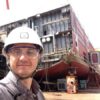
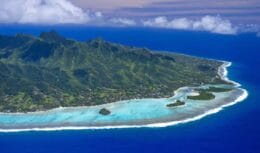


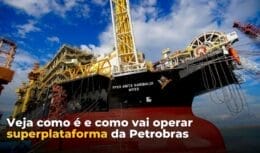


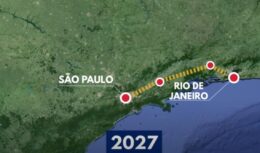
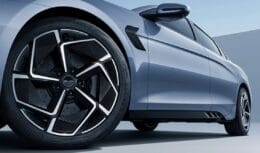
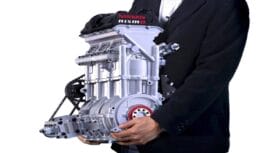

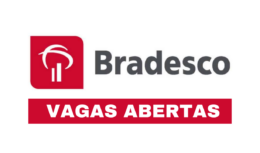
Air Force F-16 fighters…
True friend, what they shot down were…
Air Force F-16 fighters…
I would like to know what planet you live on…
Air Force F-16 fighters…
Everything is fine, 100-year secrecy,…
Air Force F-16 fighters…
Well... It's flying scrap... Typical...
Air Force F-16 fighters…
Which genocide are you talking about? Than…
I'm a plasterer and butcher
I've been a sushi chef for 24 years, a Japanese restaurant.
I am 57 years old and 32 years old…
I would like to go, I am vigilant and…
Where changes were made, the changes will come…
Fascinating! However, it will take a long time for us to…
I think so much information is unnecessary for a…
The technology used in…